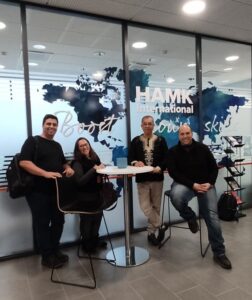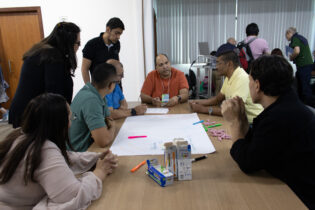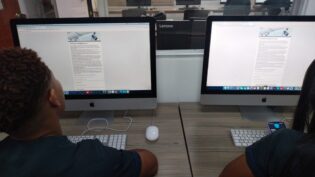Blog
Latest post
Instructional Design Research in the Brazilian Context: Contributions of Qualitative Principles
Author: Rubens Lacerda de Sá
The present essay proposes a reflection on the contributions of qualitative principles in research to be developed in the field of Instructional Design, aiming to contribute to the proposition of new methodological approaches.
Read more
The relevance of competency-based training, what does it consist of?
Author: Eduardo Duque Cuesta
Competency-based training is based on identifying these key skills and designing educational programs that help students acquire them and apply them in practical situations.
Read more
Academic tutoring for university students from artificial intelligence (chatbot)
Author: Kadier Torres Molina
The power of artificial intelligence in academic tutoring of university students offers a new worldview of the educational scenario from learning to learn, which allows consolidation of educational activities based on the strategic use of ICT.
Read more
